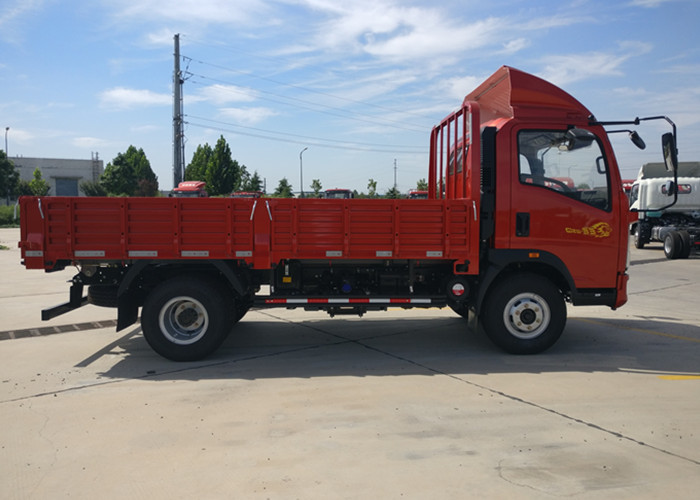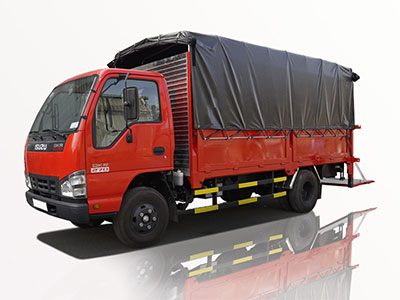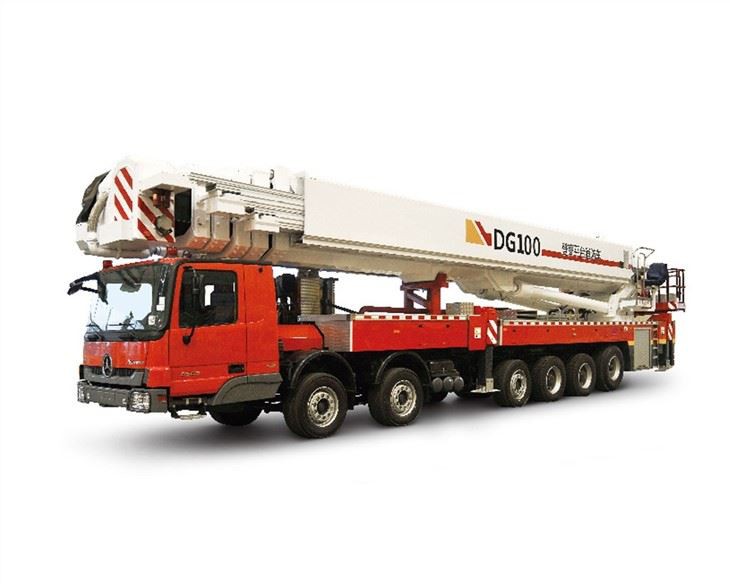Introduction
Roll off trailers are innovative transport solutions designed primarily for waste management, construction sites, and any scenario requiring the transportation of large quantities of material. Known for their versatility and efficiency, these trailers have become an indispensable tool in various industries. In this comprehensive guide, we will delve into the intricacies of roll off trailers, covering everything from their distinctive features and functionalities to practical usage tips, maintenance advice, and answers to frequently asked questions.
What is a Roll Off Trailer?
A roll off trailer is a specialized vehicle that allows for easy loading and unloading of containers or dumpsters. Unlike standard trailers, roll off trailers have a unique design featuring a swivel mechanism that enables containers to ‘roll off’ and ‘roll on’ the trailer bed. This functionality simplifies the process of transporting heavy materials and is particularly advantageous in environments where quick and efficient operation is essential.
Types of Roll Off Trailers
Roll off trailers come in various types, each designed for specific purposes. Here are the most common types:
- Standard Roll Off Trailers: These are equipped with a hydraulic system to facilitate the lifting and lowering of containers.
- Landscape Roll Off Trailers: Designed specifically for landscaping materials like soil, mulch, and gravel.
- Heavy-Duty Roll Off Trailers: Constructed to handle heavier loads, suitable for construction and demolition waste.
How Do Roll Off Trailers Work?
Understanding the mechanics of roll off trailers is crucial for proper usage. The working mechanism typically involves the following steps:
- The trailer is backed up to the designated unloading area.
- A hydraulic system is activated, tilting the trailer and allowing the container to roll off.
- Once the container is on the ground, the trailer can return to collect another load or transport to a disposal site.
Advantages of Using Roll Off Trailers
Roll off trailers offer numerous benefits, making them a popular choice in various sectors:
- Efficiency: Their design allows for quick loading and unloading, reducing downtime on job sites.
- Versatility: Suitable for diverse applications, from waste management to construction materials transportation.
- Cost-Effective: Saves time and labor costs by minimizing the need for manual handling of materials.
- Environmentally Friendly: Simplify recycling processes by facilitating the separation of materials on site.
Choosing the Right Roll Off Trailer for Your Needs
Selecting the appropriate roll off trailer depends on several factors, including:
Load Capacity
It’s essential to understand the weight of the materials you will transport. Most roll off trailers have load capacities ranging from 10,000 to 30,000 pounds. Ensure to choose a trailer that can comfortably handle your intended loads.
Trailer Size
Different projects may require different trailer dimensions. Common sizes include:
| Trailer Size | Typical Capacity |
|---|---|
| 10 Yard | About 2,000-3,000 lbs of material |
| 20 Yard | About 4,000-5,000 lbs of material |
| 30 Yard | About 6,000-7,000 lbs of material |
Hydraulic System Quality
The efficiency of a roll off trailer largely depends on the quality of its hydraulic system. Always opt for models known for their reliable and robust hydraulic systems to prevent breakdowns during operation.
Using Roll Off Trailers: Best Practices
Loading and Unloading
Follow these best practices when using a roll off trailer:
- Always position the trailer on a level surface to ensure safety during loading and unloading.
- Use a spotter to guide the driver while backing up to the loading area.
- Ensure that the load is evenly distributed within the container to maintain balance.
Safety Tips
- Wear appropriate personal protective equipment (PPE) during loading and unloading.
- Regularly inspect all parts of the trailer, including brakes and the hydraulic system, before use.
Maintaining Your Roll Off Trailer
Regular maintenance is crucial to extend the life of your roll off trailer. Here are key maintenance practices:
Regular Inspections
Schedule periodic inspections for the trailer, focusing on:
- Brakes
- Tires and axle components
- Hydraulic system leaks
Cleaning the Trailer
A clean trailer is essential for optimal performance. After each use, clean the trailer to prevent rust and debris accumulation. Pay special attention to hydraulic components and undercarriage areas.
Cost of Roll Off Trailers
The cost of roll off trailers varies based on size, capacity, and specific features. On average, prices can range from $10,000 to $50,000. Consider the following factors when budgeting:
New vs. Used
Purchasing a new trailer guarantees reliability and warranty, while used trailers can save costs but may require more maintenance.
Customization Features
Customized trailers with specialized features will generally cost more. Determine if you need additional modifications or if a standard model will suffice.
Roll Off Trailer Regulations
When operating a roll off trailer, you must adhere to specific regulations set by government authorities which may vary by region:
Weight Limits
Familiarize yourself with local weight limits to avoid fines and ensure safe transport. Exceeding weight limits can lead to dangerous driving conditions.
Licensing Requirements
Depending on your location, a special license might be needed to operate a roll off trailer. Always check your local regulations to ensure compliance.
FAQs
What materials can be transported using a roll off trailer?
Roll off trailers can transport a range of materials, including construction debris, landscaping materials, and hazardous waste, although special containers may be required for certain materials.
Can roll off trailers be used in residential areas?
Yes, roll off trailers can be used in residential areas, but it’s essential to check local regulations to ensure compliance and avoid fines.
How do I know what size roll off trailer I need?
The size of the roll off trailer you need depends on the quantity and type of materials you plan to transport. Assess your load requirements before making a selection.
Are roll off trailers difficult to operate?
Roll off trailers are designed to be user-friendly. However, proper training and knowledge of the trailer’s operation are crucial for safe use.
What is the lifespan of a roll off trailer?
The lifespan of a roll off trailer can vary significantly based on usage and maintenance but typically ranges from 10 to 20 years with proper care.
Where can I purchase a roll off trailer?
You can purchase roll off trailers from specialized dealers, manufacturers, or online platforms. It’s advisable to choose reputable sellers with positive reviews.



